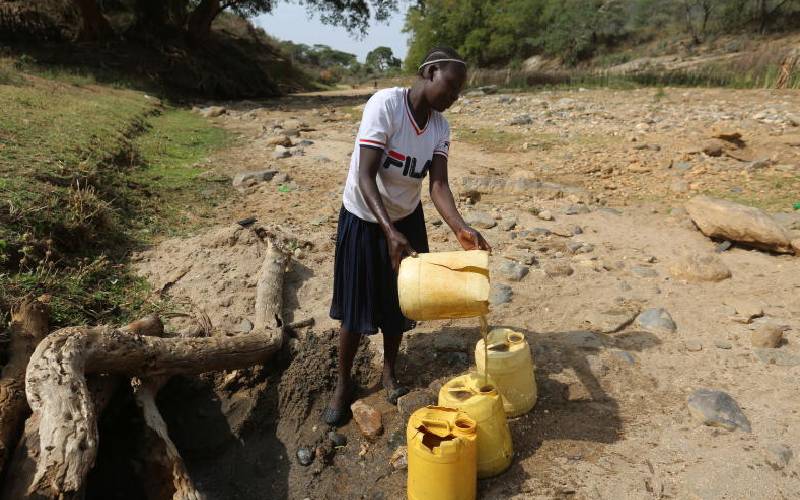×
The Standard e-Paper
Stay Informed, Even Offline

Drought is one of the most destructive natural disasters, with associated losses such as crop failure, wildfires and water stress.
As World Day to Combat Desertification and Drought (WDCDD) is marked globally today, a report dubbed Drought in Numbers 2022 has painted a grim picture, noting that the percentage of plants affected by drought has more than doubled in the last 40 years.







